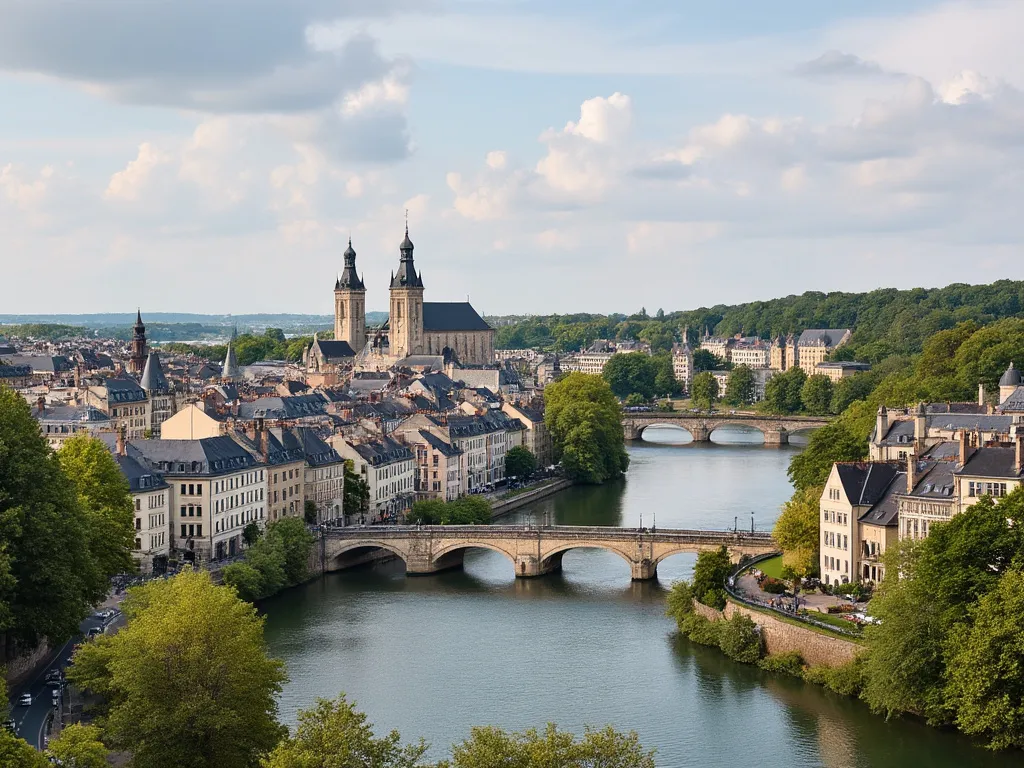
Luxembourg City, also known as the "Gibraltar of the North", is the capital and largest city of the Grand Duchy of Luxembourg. The city is situated in the south-central part of the country, at the confluence of the Alzette and Pétrusse rivers.
Luxembourg City Information
| Country | 🇱🇺 Luxembourg |
| Population | 119,214 (2020 estimate) |
| Coordinates | 49.6117° N, 6.1319° E |
| Area | 51.46 km² |
| Climate | Temperate oceanic climate |
| Language | Luxembourgish, French, German |
| Currency | Euro (€) |
| Time zone | Central European Time (CET) |
| Proximity to other major cities | Located near the borders of Belgium, France, and Germany |
Historical Background of Luxembourg City
Luxembourg City has a rich history dating back to the 10th century, when it was a fortified castle built by the Count of Luxembourg. Over the centuries, the city has been ruled by various European powers, including the Holy Roman Empire, the Habsburgs, and the French. In 1867, the city became part of the Grand Duchy of Luxembourg, a neutral and independent state.
Geographical Location of Luxembourg City
Luxembourg City is situated in a unique geographical location, nestled in a valley surrounded by steep cliffs and fortifications. The city's old town is a UNESCO World Heritage Site, featuring narrow streets, picturesque squares, and historic buildings. The city is also home to several parks and gardens, including the beautiful Parc de Merl.
Cultural Significance of Luxembourg City
Luxembourg City is a cultural hub, featuring a unique blend of French, German, and Luxembourgish influences. The city is home to numerous museums, galleries, and cultural institutions, including the Grand Duke Jean Museum of Modern Art and the National Museum of History and Art.
Economic Importance of Luxembourg City
Luxembourg City is a major financial center, hosting numerous international banks, investment firms, and financial institutions. The city is also a hub for steel production, with the ArcelorMittal company having its headquarters there. Additionally, the city is an important center for telecommunications, IT, and logistics.
Interesting Facts About Luxembourg City
- The city's old town is built on a rocky outcrop, with walls and fortifications dating back to the 10th century.
- Luxembourg City is home to the European Court of Justice, the European Investment Bank, and the European Stability Mechanism.
- The city has a unique dialect, known as Luxembourgish, which is a blend of French, German, and local languages.
- Luxembourg City is a popular tourist destination, attracting over 1 million visitors each year.
Tourist Attractions in Luxembourg City
- The Notre-Dame Cathedral, a beautiful Gothic church built in the 17th century.
- The Grand Ducal Palace, the official residence of the Grand Duke of Luxembourg.
- The Bock Casemates, a network of underground tunnels and fortifications.
- The Chemin de la Corniche, a scenic promenade offering stunning views of the city.
Conclusion on Luxembourg City
In conclusion, Luxembourg City is a unique and fascinating capital city, offering a rich history, cultural significance, and economic importance. Visitors to the city can enjoy its picturesque old town, cultural attractions, and stunning natural surroundings.
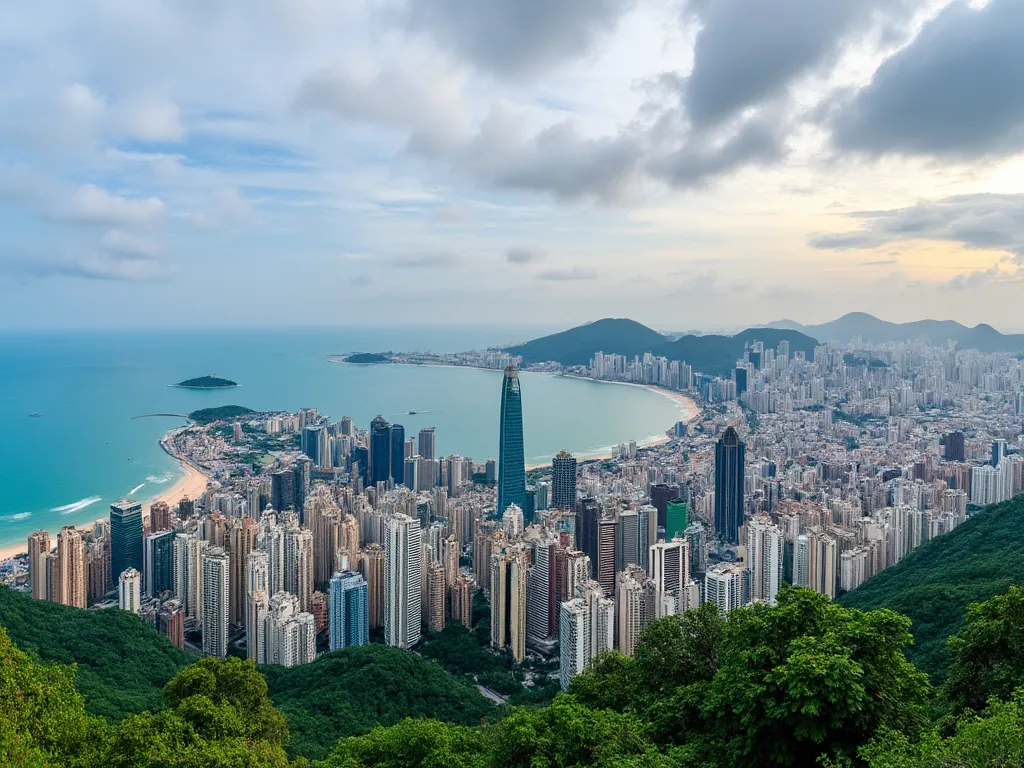 Macao
Macao
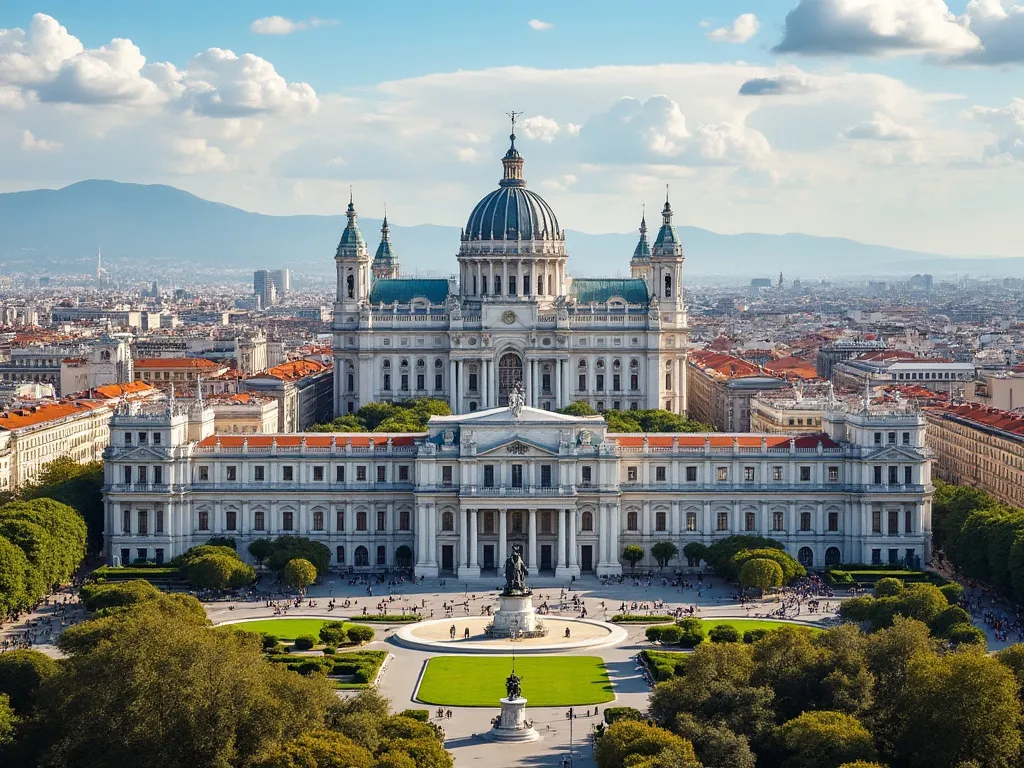 Madrid
Madrid
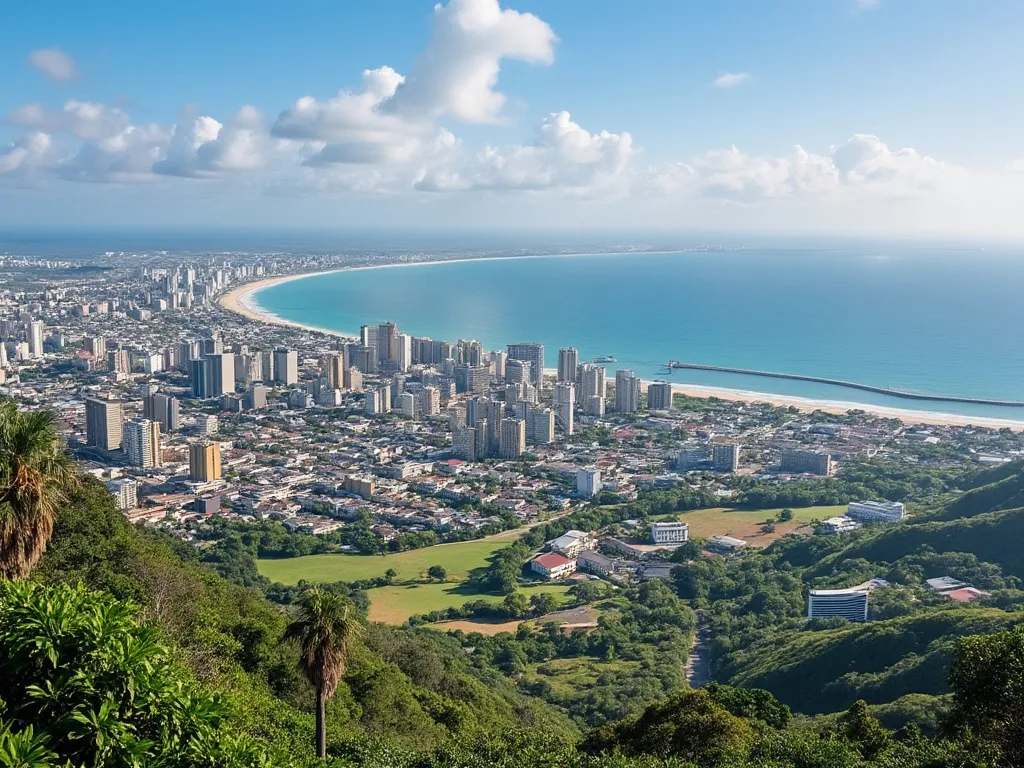 Luanda
Luanda
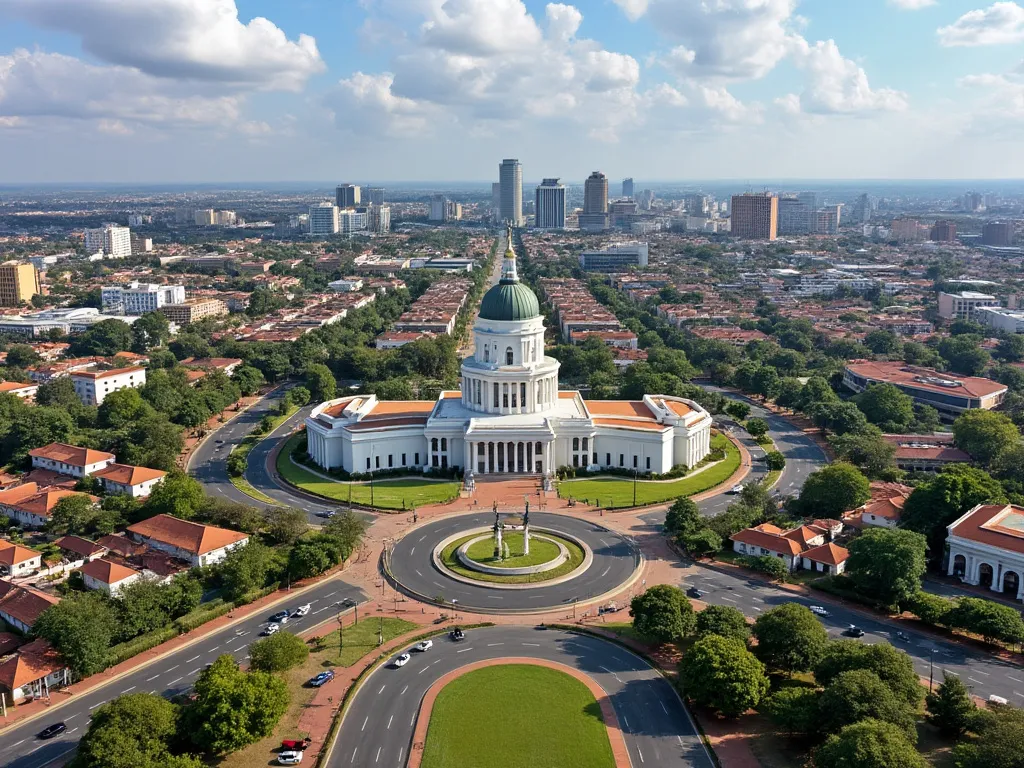 Lusaka
Lusaka